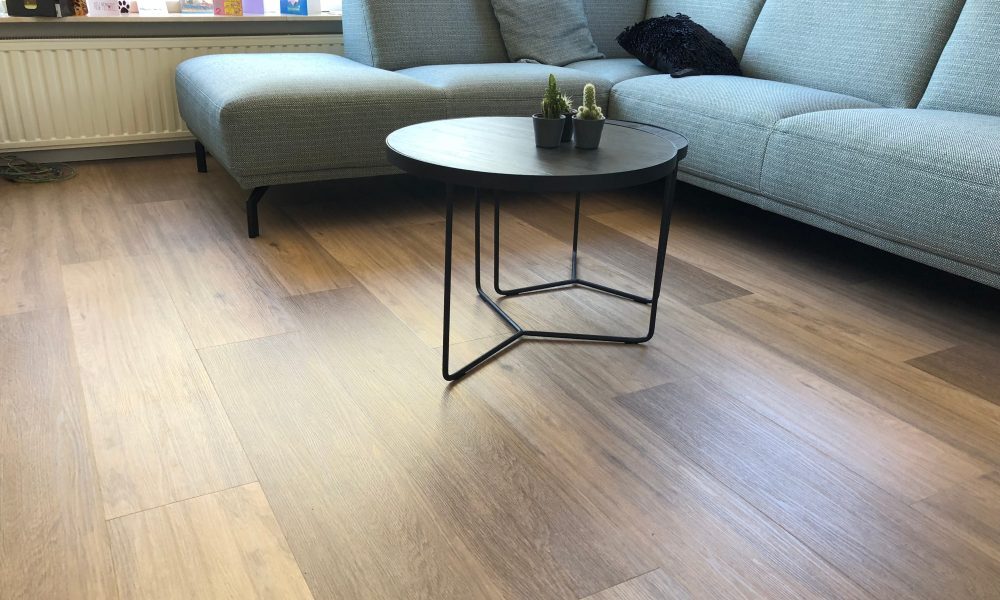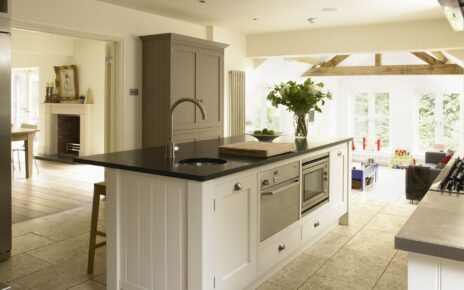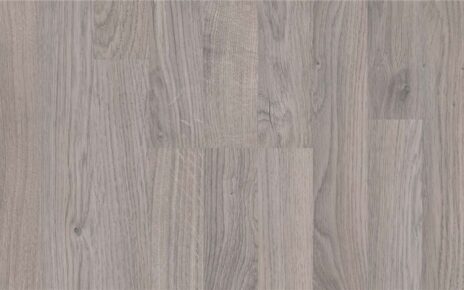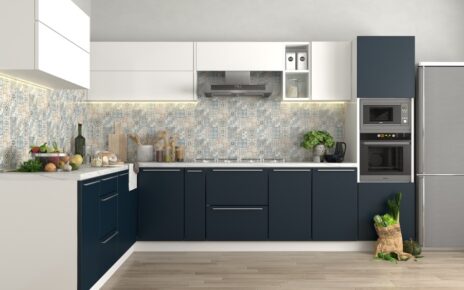When considering vinyl flooring, you may need to decide the type you want in your home. Unfortunately, this can be quite challenging as vinyl flooring comes in many styles, each with distinct pros and cons. Before making a final decision, you should know about each type to make a better decision.
Here we will talk about three main types of vinyl flooring with their pros and cons. Check it out!
- Luxury Vinyl Flooring
Made of calcium carbonate, plasticizers, melted polyvinyl chloride resins, fungicides, and UV stabilizers, luxury vinyl flooring is the most common option. These floors have multiple layers, including a protective layer, polyurethane coating, vinyl core, printed film layer, and tile backing. All these layers contribute to its ease of maintenance, impressive design, and durability. Luxury vinyl flooring comes in three styles; luxury vinyl tile (LVT), luxury vinyl planks (LVP), and luxury vinyl sheet (LVS).
Pros:
- One of the biggest advantages of luxury vinyl floors is that they will cost you much less than traditional hardwood flooring. This is because the wood grain pattern is printed on these floors.
- These floors don’t require much maintenance. Regular sweeping and mopping will do the trick.
- Luxury vinyl flooring possesses great scratch and stain resistance features.
Cons
- Even though these floors resemble hardwood flooring, they do not add much value to your home at the time of selling.
- Once your luxury vinyl floor gets damaged, it isn’t easy to repair them.
Rigid-Core Vinyl Flooring
Rigid-core vinyl flooring, also known as engineering vinyl flooring, features a solid composite core, which makes it more durable and harder. These floors also consist of limestone powder, polyvinyl chloride, and stabilizers. The three layers of rigid core vinyl floors, including the printed layer, transparent layer on top, and an underpad, provide them with good insulation and cushioning.
Pros
- Rigid-core vinyl flooring is very easy to install. Most of these floors feature a click-lock installation mechanism which is very easy.
- These floors are completely waterproof and are, therefore, ideal for wet places.
- Unlike any other type of vinyl flooring, these floors are more durable and last longer with proper care.
Cons
- One of the major drawbacks of rigid core vinyl flooring is that it’s not comfortable under the foot because of its rigid core construction.
- Even though these floors are resistant to scrapes and dents, they can still get scratched.
- Wood Plastic Composite Vinyl Flooring
Instead of solid polyvinyl chloride, these floors are made of plastic composites. It is the newest floor that is incredibly durable.
Pros
- These floors are also completely waterproof.
- They can be installed easily.
- Wood-plastic composite vinyl floors require only minimal maintenance.
Cons
- As these floors contain wood components, they are not environmentally friendly.
- These floors will not increase your home’s resale value.
Which Vinyl Flooring Type Is Better?
Choosing any of the above types depends on your budget. All types are good on their own. It is advisable to consider the above-listed pros and cons in detail before purchasing vinyl flooring for your home.





